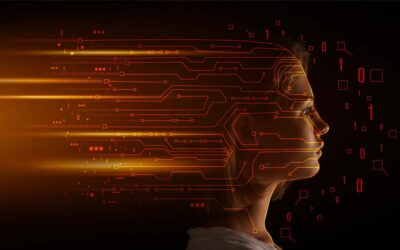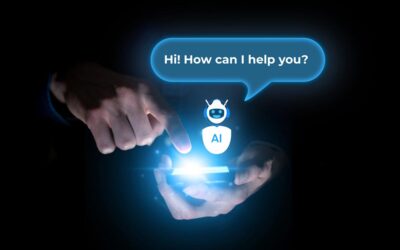Digital Literacy: Necessary Skills for all Special Librarians
Lauren Hays
I love technology, but often find myself overwhelmed with how quickly things seem to change. Despite using digital tools daily for my entire career, and most of my educational journey, there always seems to be something new to learn.
While lifelong learning is a good thing, and I am always up for learning something new, I find that when the thing I need to learn impacts a substantial part of my job I become frustrated. This likely comes from wanting to do my job well and feeling nervous that I will not learn how to use the new digital tool/technology quickly enough to keep working at the same level.
Digital Literacy Defined
According to the American Library Association, digital literacy is “the ability to use information and communication technologies to find, evaluate, create, and communicate information, requiring both cognitive and technical skills.”
Digital literacy has two parts: cognitive and technical. Cognitive skills mean we can think through how to solve problems. Specifically, cognitive skills include our ability to pay attention, learn, think, read, remember, and reason. Technical skills are those abilities needed to perform certain tasks. For digital literacy, possessing technical skills means we know how to use hardware or software. Both cognitive and technical skills are necessary for special librarians. We must be able to think through how to solve digital problems and possess the technical knowledge to complete tasks. To do both of these we need to be working closely with new technologies, be aware of what is on the horizon, and understand the problems technology is meant to solve. We must also understand the problems technology can create and learn to troubleshoot those issues.
As hardware and software rapidly changes staying current is difficult. Special librarians are in a unique spot where they work closely with digital resources, though, many people outside the library do not realize the extent of that work. We must stay current with our digital skills in order to meet the needs of users.
How to Stay Up-to-Date with Technology
- Follow technology companies on social media
- Use Flipboard app to follow technology news
- Have “lunch and learns” where colleagues share technology information
- Attend in-person and online industry events
Recommended Resources
CNET: “CNET is the world’s leader in tech product reviews, news, prices, videos, forums, how-tos and more.”
DigitalLiteracy.gov: “Your destination for digital literacy resources and collaboration” from the National Telecommunications and Information Administration, U.S. Department of Commerce.
Digital Literacy Resources from the Iowa State Library: “The…tutorials will help (individuals) to learn new skills, brush up on old ones, or find ideas for how they can better engage with, and be successful in, the digital world.”
Gartner: “Gartner is the world’s leading research and advisory company. Gartner equips executives across the enterprise to make the right decisions and stay ahead of change.”
Microsoft Learn: “Whether you’re just starting or an experienced professional, our hands-on approach helps you arrive at your goals faster, with more confidence and at your own pace.”
SQL Tutorial from W3Schools: “SQL is a standard language for storing, manipulating and retrieving data in databases. Our SQL tutorial will teach you how to use SQL in: MySQL, SQL Server, MS Access, Oracle, Sybase, Informix, Postgres, and other database systems.”
Wired Magazine: Wired “focuses on how emerging technologies affect culture, the economy, and politics.”
*Also use your vendors’ tutorials.
References
Lauren Hays
Lauren Hays, PhD, is an Assistant Professor of Instructional Technology at the University of Central Missouri. Please learn more about Lauren and read her other posts about skills for special librarians; then take a look at Lucidea’s powerful ILS, SydneyEnterprise, used daily by special librarians to collaborate on projects and learn from each other.
Similar Posts
The Importance of Professional Networking: Tips for Special Librarians
For many special librarians, the idea of professional networking can feel daunting, especially for those who thrive in quiet, research-driven environments. Lauren Hays shares her journey from reluctant networker to engaged community member, offering practical tips to help you build authentic professional relationships that benefit both you and your field.
Interview with the Author: Jim Cortada on Today’s Facts and the Evolution of Information
Dr. James Cortada, historian and senior research fellow at the Charles Babbage Institute, explores the history of information in his forthcoming book. By examining how information has been created, organized, and used over time, Cortada reveals patterns that continue to shape modern librarianship and knowledge management.
The Complicated Feelings Librarians May Have About AI
GenAI will affect how we do our work and the type(s) of work we engage in. In navigating the transformative potential of GenAI, we should engage in reflective practice that centers on our core professional values.
Recommended AI Literacy Frameworks for Special Librarians
These frameworks provide insights and approaches to help you determine the best ways to address build and promote AI literacy in your specific context.




Leave a Comment
Comments are reviewed and must adhere to our comments policy.
0 Comments